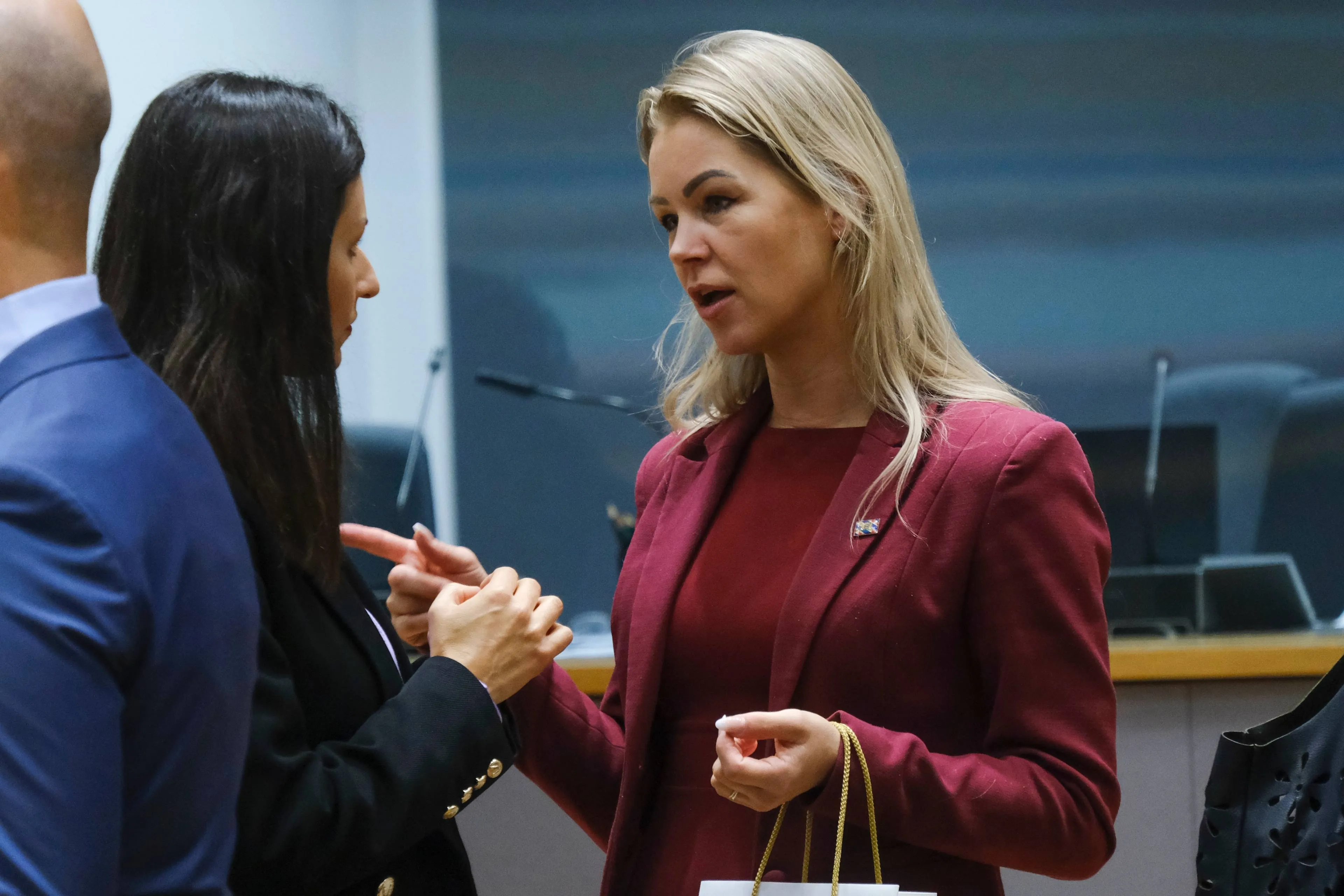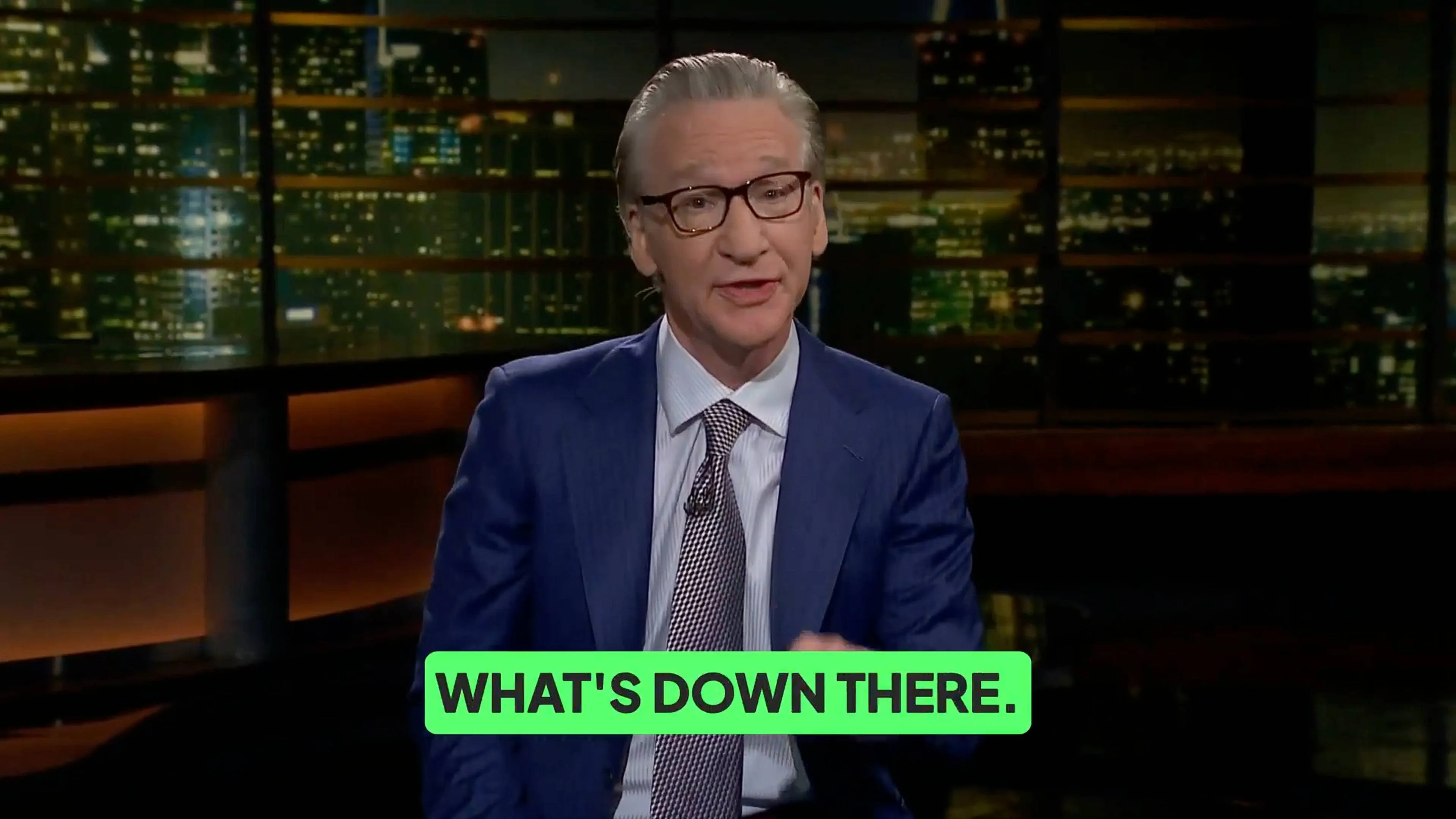Minder irrationeel dan gedacht
Rationeel niet te verklaren keuzes: een gevolg van irrationaliteit of foute informatie? Recent onderzoek steunt de tweede gedachte:
"Where people go astray is when they base their decisions on beliefs that are different than what is actually present in the world," says Green. "In the coin example, if you toss a coin five times and all five times are heads, should you pick heads or tails on the next flip? Assuming the coin is fair, it doesn't matter -- the five previous heads don't change the probability of heads on the next flip -- it's still 50 percent -- but people nevertheless act as though those previous flips influence the next one." (...) [W]hen the context of the task was changed so that subjects understood that the outcomes were actually independent, a drastic shift in their behavior was noted, with subjects all doing the "right" thing for the way the world actually worked.
Het hele interview met de psychologen lees je hier (h/t Freakonomics).


